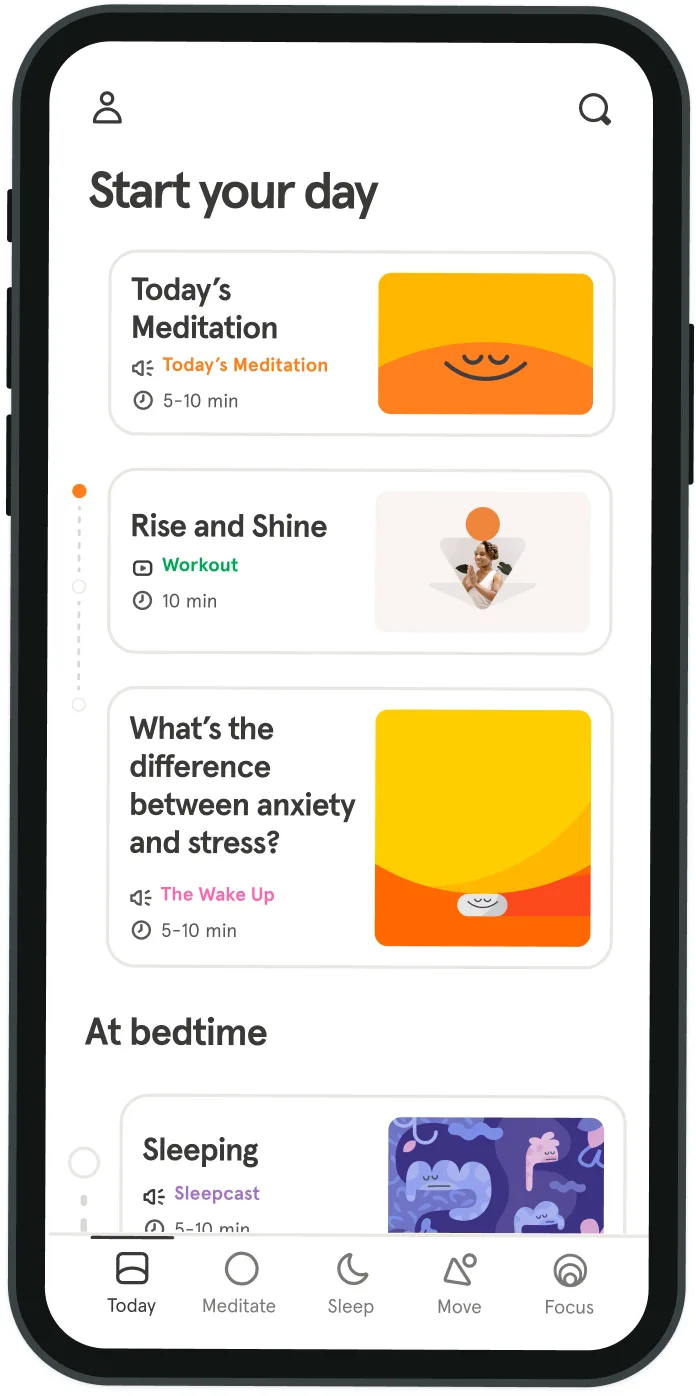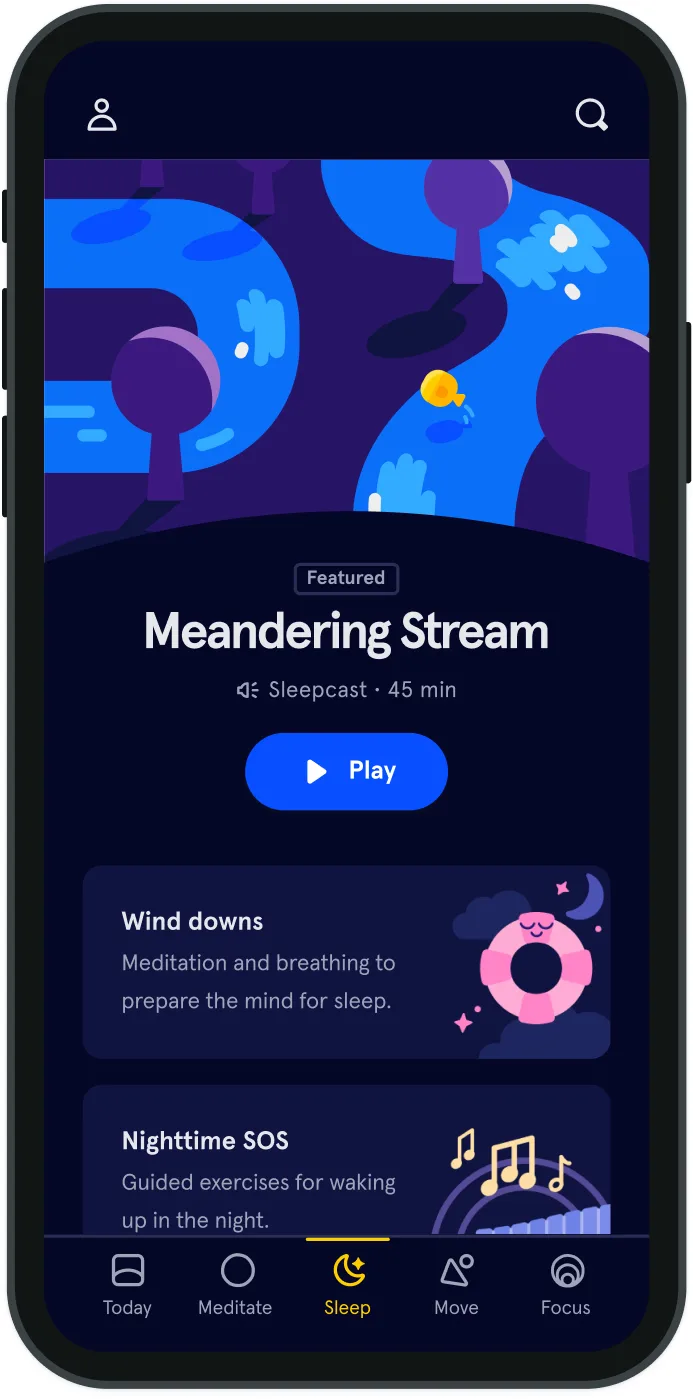Understanding insomnia: Adrian Williams on the lack of sleep
Insomnia is the subjective complaint of difficulty getting to sleep, staying asleep or sleep that is unrefreshing, but importantly with daytime consequences.
Reasons for this lack of sleep are many, including:
Circadian rhythm sleep disorders, in which alterations of the body clock either advance or delay sleep onset. One of these, called Delayed Sleep Phase Syndrome, exhibits alterations in one of ten clock genes that lead to a delay in the drive to sleep.
Conditions which disturb the continuity of sleep; the most common being snoring and interrupted breathing or repetitive limb jerking associated with restless legs. Psychiatric disturbances like depression and anxiety can also have a big impact on sleep.
The most common form of insomnia is a learned behavior. This is a factor behind the development of sleep difficulties affecting one-third of the population each year. This one-third of the population has a measurably different physiology; for example, having increased levels of cortisol and adrenaline predisposes them to be more arousable. Another consequence of this hyper-aroused state is that, in spite of the lack of sleep, there is a tendency not to be sleepy during the day. Importantly, this problem persists for one in ten people.
The known effect of poor sleep on health
Most of us are familiar with the effects of lack of sleep. Insomnia, once considered a mere irritation, has true health implications. Short-term consequences include fatigue, concentration problems and memory impairment (sleep is important for memory consolidation). Long-term consequences impact both physical and mental health. Insomnia is associated with depression, anxiety, and stress, which often raises the question of "the chicken and the egg". Do anxiety and stress lead to insomnia, or does insomnia lead to stress and anxiety?
It has also been shown that insomnia can lead to reduced productivity, more absenteeism from work, and alterations in quality of life. In fact, measures of quality of life may show this to have as much of a detrimental effect as heart failure and Parkinson’s disease. There is also evidence that insomnia has an impact on immune function. Individuals who are exposed to colds, for example, become more likely to catch that cold. There is also evidence for the development of elevation of blood pressure in the long term.
Until recently, the association of chronic insomnia with significant medical illness was not fully established, especially given that the diagnosis of insomnia has long been based on subjective complaints. However, insomnia associated with short sleep is also associated with worse neurocognitive function. Take, for instance, when the time changes to “spring forward” into summer. After that one lost hour of sleep, Google searches reflect less moral awareness. (Beware, bankers!)
What can trigger insomnia?
It is always worth remembering that other medical problems can precipitate insomnia. These include snoring and sleep apnoea. Snoring is extremely common due to the anatomy of the throat airway and may develop in half of middle-aged men. This is commonly associated with interruptions to breathing, so-called sleep apnoea, which may affect half of all snorers, (about 1 in 4 middle-aged men). These breathing interruptions develop first in dreaming sleep when the body is physical paralyzed (to prevent us from acting out our dreams). This paralysis affects the throat muscles, as well, and the tendency for the throat muscles to collapse is much more likely in dreaming sleep. Some people wake and perceive this as insomnia. There may also be limb movements during sleep, which can lead to the waking complaint of leg discomfort or Restless Legs Syndrome. Other medical problems, like asthma and acid reflux, may also be related.
What can we do to prevent or improve insomnia?
Sleep is so very important for our health that attention should be paid to factors that might influence it. This is the notion of sleep hygiene. For example, sleep is associated with a fall in body temperature (a full degree centigrade), and the hotter the body is during the day, the more likely it is to fall to sleep and stay asleep. Although a warm bath an hour before bedtime is helpful, the best way to raise body temperature is through well-timed exercise. Twenty minutes of running or cycling will sufficiently raise the body temperature to prep it for bedtime. However, timing is everything; morning exercise will not help, and evening exercise will contribute to disturbed sleep because of an increase in adrenaline. Exercise is found to be best between 4-7pm, which may not be ideal for the working individual, but nevertheless, this is when it is most productive.
Another physical issue is caffeine. Although many of us can have caffeinated drinks without being affected, in the hyper-aroused physiology of the insomniac, caffeine becomes a potent stimulant. Caffeine has quite a long half-life—more than five hours. If you have a strongly caffeinated (100mg of caffeine) coffee, tea or soft drink at 10am, there will still be 25 mg present at 8 p.m, and 12.5 mg at bedtime! So how can we use caffeine as a daytime stimulant without it affecting our sleep? One strategy is consuming 20mg/hr, or one cup of weak coffee every two hours.
Some food in the stomach is thought to assist sleep as long as it’s not too much or too spicy. A bedroom conducive to sleep is cool, dark and quiet (bats are phenomenal sleepers in their cold dark caves); earplugs and eyeshades are useful in this respect, as is waking at a regular time. If falling asleep is the problem, it’s important to be aware of the effect of light on our body clocks. Exposure to light from electronic devices like computers and cell phones) before bedtime can potentially delay the body clock. It is known and has been for some 10 years, that the blue light wavelength does this and applications have been developed to withdraw this waveband from computers and cell phones.
The sleep hygiene rules should be attended to by everyone, but in the setting of insomnia, other behavioral techniques are very helpful. This includes dismissing intrusive thoughts, which may prevent the onset or return of sleep, with mindfulness meditation, which has been shown to lessen insomnia and the associated fatigue and to be equal at least to medications—and without side effects!
Reasons for this lack of sleep are many, including:
Circadian rhythm sleep disorders, in which alterations of the body clock either advance or delay sleep onset. One of these, called Delayed Sleep Phase Syndrome, exhibits alterations in one of ten clock genes that lead to a delay in the drive to sleep.
Conditions which disturb the continuity of sleep; the most common being snoring and interrupted breathing or repetitive limb jerking associated with restless legs. Psychiatric disturbances like depression and anxiety can also have a big impact on sleep.
The most common form of insomnia is a learned behavior. This is a factor behind the development of sleep difficulties affecting one third of the population each year. This one third of the population has a measurably different physiology; for example, having increased levels of cortisol and adrenaline predisposes them to be more arousable. Another consequence of this hyper-aroused state is that, in spite of the lack of sleep, there is a tendency not to be sleepy during the day. Importantly, this problem persists for every one in ten people.
The known effect of poor sleep on health
Most of us are familiar with the effects of lack of sleep. Insomnia, once considered a mere irritation, has true health implications. Short-term consequences include fatigue, concentration problems and memory impairment (sleep is important for memory consolidation). Long-term consequences impact both physical and mental health. Insomnia is associated with depression, anxiety and stress, which often raises the question of "the chicken and the egg." Do anxiety and stress lead to insomnia, or does insomnia lead to stress and anxiety?
It has also been shown that insomnia can lead to reduced productivity, more absenteeism from work, and alterations in quality of life. In fact, measures of quality of life may show this to have as much of a detrimental effect as heart failure and Parkinson’s disease. There is also evidence that insomnia has an impact on immune function. Individuals who are exposed to colds, for example, become more likely to catch that cold. There is also evidence for the development of elevation of blood pressure in the long term.

Do anxiety and stress lead to insomnia, or does insomnia lead to stress and anxiety?
Dr. Adrian Williams
Do anxiety and stress lead to insomnia, or does insomnia lead to stress and anxiety?
Dr. Adrian Williams


Be kind to your mind
- Access the full library of 500+ meditations on everything from stress, to resilience, to compassion
- Put your mind to bed with sleep sounds, music, and wind-down exercises
- Make mindfulness a part of your daily routine with tension-releasing workouts, relaxing yoga, Focus music playlists, and more
Meditation and mindfulness for any mind, any mood, any goal
- © 2024 Headspace Inc.
- Terms & conditions
- Privacy policy
- Consumer Health Data
- Your privacy choices
- CA Privacy Notice
